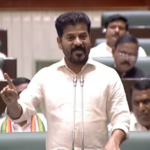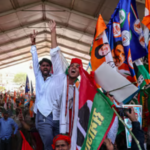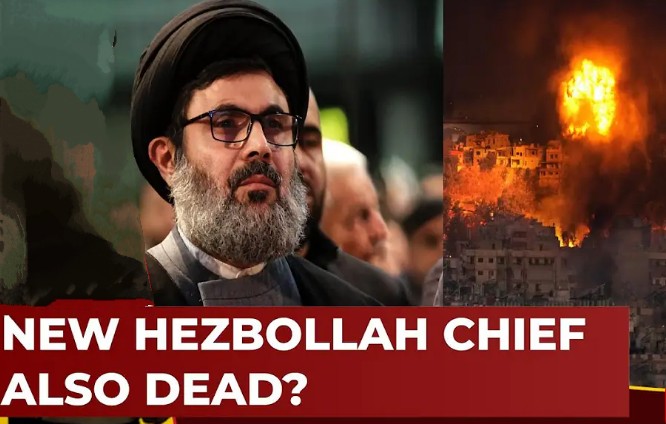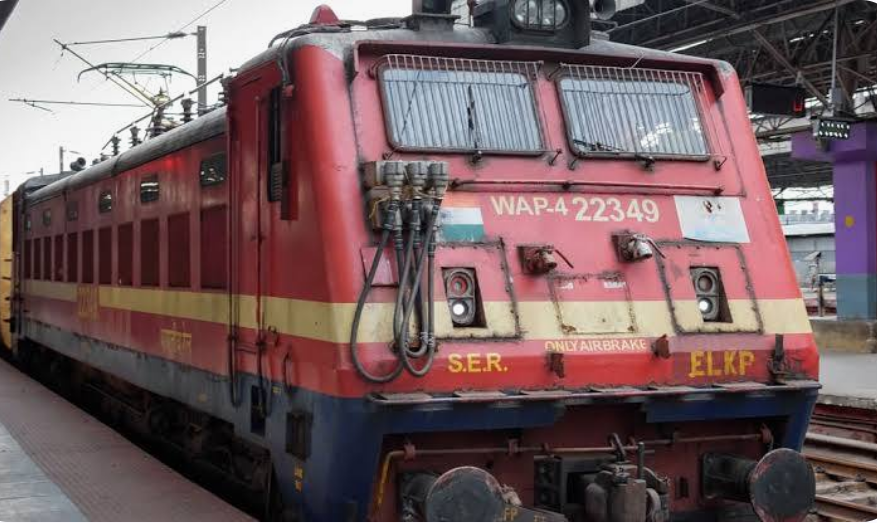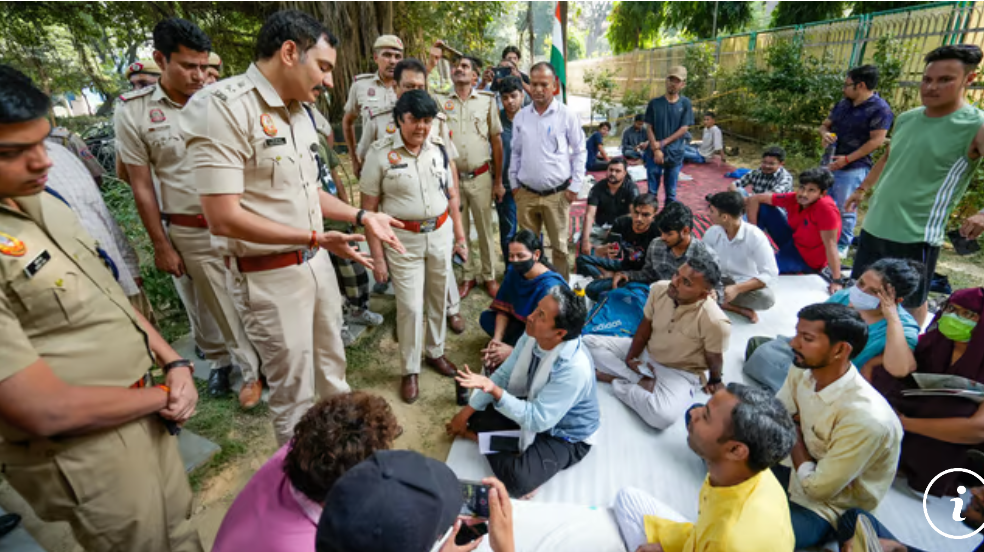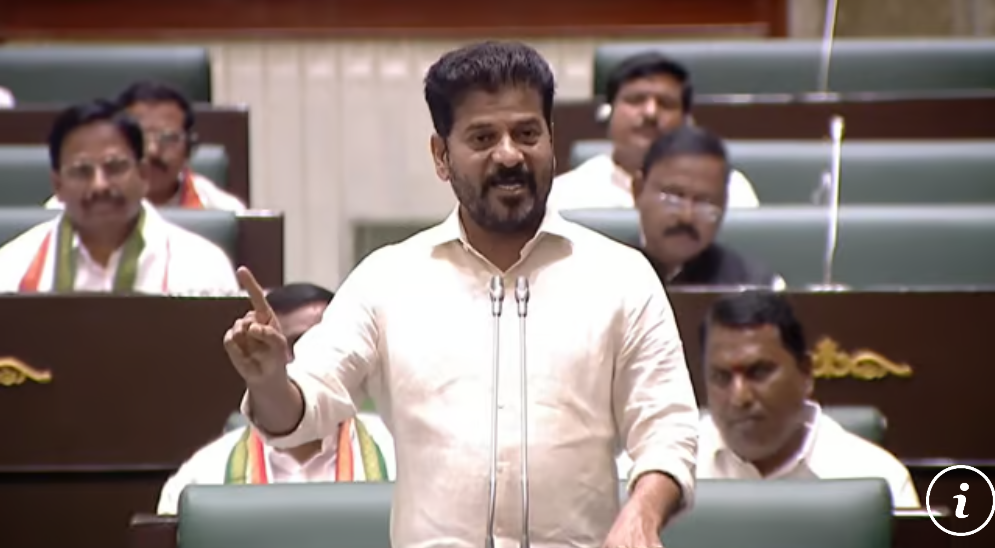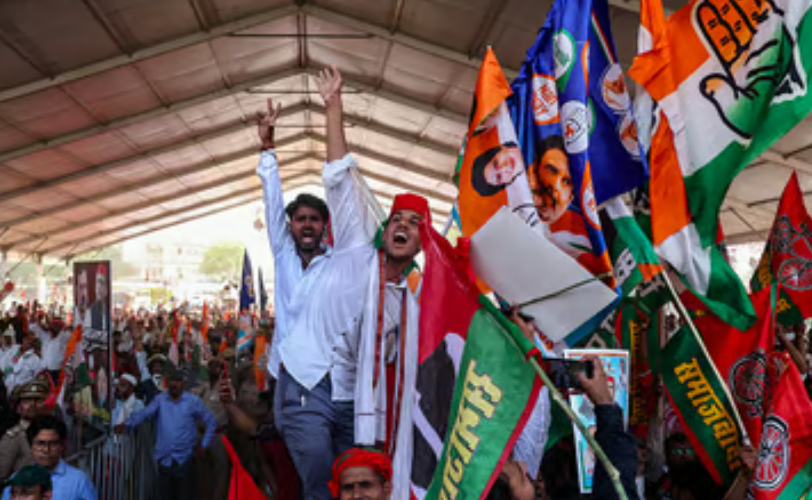Israel-Iran War: New Hezbollah Chief Also Killed In Israeli Strikes
The tensions between Israel and Iran have grown even more intense. The recent Israeli strikes have killed the new leader of Hezbollah, a group backed by Iran. This event has caused a big stir in the Middle East, making everyone worry about a big war.
The loss of the Hezbollah leader is a big hit to Iran’s power in the area. Hezbollah, Iran’s strong ally, has promised to fight back against Israel. This could start a chain of attacks and counter-attacks, making the situation even more unstable.
Key Takeaways
- The targeted killing of the Hezbollah leader has escalated tensions between Israel and Iran, raising the specter of a broader regional conflict.
- Hezbollah, a key Iranian-backed militant group, has vowed to retaliate against Israel, potentially leading to a cycle of violence.
- The incident has significant regional implications, as it could further destabilize the Middle East and draw in other key players in the ongoing power struggle.
- The historical context of Israeli-Iranian hostilities, including past conflicts and proxy wars, provides important context for understanding the current situation.
- Diplomatic efforts to prevent further escalation and find a peaceful resolution to the conflict will be crucial in the days and weeks ahead.
Escalating Tensions in the Middle East
The Middle East has always been a hotbed of political tensions. The ongoing fight between Israel and Iran has made things worse. The middle east tensions have caused big waves in the area. The regional implications of the israel-iran hostilities are getting more serious by the day.
Regional Implications of the Conflict
The fight between Israel and Iran could upset the whole region. The chance of a big war spreading is high. Countries nearby might get pulled in, either directly or through allies.
This conflict could mess up trade, energy, and the balance of power in the Middle East. It’s a big worry for everyone involved.
Historical Context of Israeli-Iranian Hostilities
The fight between Israel and Iran started with the 1979 Iranian Revolution. This event changed Iran from a pro-Western country to an Islamic Republic. Since then, the two have had a complicated and often tense relationship.
| Year | Event | Implication |
|---|---|---|
| 1979 | Iranian Revolution | Establishment of an Islamic Republic, leading to a shift in regional dynamics and increased tensions with Israel. |
| 1982 | Israel’s invasion of Lebanon | Involvement of Iran through its support for the Lebanese Hezbollah, further escalating the conflict. |
| 2015 | Iran nuclear deal | Temporary easing of tensions, but the deal’s collapse in 2018 has led to a renewed escalation of the conflict. |
The history between Israel and Iran is complex. Both countries have been fighting for influence and power in the Middle East for a long time. As the conflict grows, the risk of more trouble and instability in the region is very real.
Key Players Involved
The Israel-Iran conflict has many key players with their own reasons and goals. At the center are Israel and Iran, who have been enemies for a long time. The group Hezbollah also plays a big role, acting as Iran’s ally.
Israel, led by Prime Minister Benjamin Netanyahu, sees Iran as a big threat. It has attacked Iranian interests and Hezbollah many times. Israel worries about Iran’s nuclear plans and the danger of groups like Hezbollah.
Iran, under Supreme Leader Ali Khamenei, wants to grow its power and challenge Israel. Hezbollah, a Shia group in Lebanon, is Iran’s ally. It fights Israel directly.
| Key Player | Motivation | Role in the Conflict |
|---|---|---|
| Israel | Curbing Iranian influence and nuclear ambitions, ensuring national security | Conducting military strikes against Iranian targets and Hezbollah |
| Iran | Expanding regional influence, challenging Israel’s dominance | Providing support and funding to Hezbollah, engaging in proxy warfare |
| Hezbollah | Serving as Iran’s proxy, challenging Israel’s presence in the region | Engaging in direct confrontations with Israel, launching attacks and retaliating against Israeli strikes |
It’s important to know what each player wants and does in the Middle East. The Israel-Iran conflict is getting worse. This could make the region even more unstable.
Israel-Iran War: New Hezbollah Chief Also Killed In Israeli Strikes
The tension between Israel and Iran has escalated dramatically. Reports say the new Hezbollah chief was killed in Israeli strikes. These israeli strikes have caused shockwaves and raised fears of more violence and war.
Details of the Israeli Strikes
The israeli strikes happened in Lebanon, where the hezbollah chief killed was thought to be. The attacks included air raids and ground missiles. They killed the Hezbollah leader and several of his top men.
Hezbollah’s response was quick and strong. They vowed to make Israel pay dearly. Their leaders made retaliation threats, increasing the region’s tension.
Hezbollah’s Response and Retaliation Threats
Hezbollah called the Israeli attacks “state terrorism.” They promised to act decisively. The group is getting ready to attack Israeli targets in Lebanon and beyond.
Hezbollah’s retaliation threats have made the world very worried. There’s a big chance of a wider conflict. Diplomats are working hard to stop more violence and find peace.
The situation is still changing, and everyone is holding their breath. We all hope that leaders will choose diplomacy over war.
Diplomatic Efforts to Prevent Further Escalation
The conflict between Israel and Iran is getting worse. International mediators are trying to calm things down. They aim to find a peaceful solution and stop the situation from getting worse.
Role of International Mediators
Important countries and global groups are involved in the talks. Some of the critical players include:
- United Nations: The UN Secretary-General and various UN agencies have been working to facilitate dialogue and find a negotiated solution.
- European Union: The EU has been in close contact with both Israel and Iran, urging restraint and encouraging a diplomatic approach.
- Russia: As a close ally of Iran, Russia has been engaging in shuttle diplomacy, trying to broker a ceasefire and a return to the negotiating table.
- Turkey: The Turkish government has offered to host peace talks, leveraging its relationships with both Israel and Iran.
These efforts aim to prevent further escalation of the conflict. They also seek to encourage international mediation for a lasting solution. But, finding a way out is hard because both sides are very stubborn.
“The path to peace is narrow, but it is the only way forward. We must exhaust every diplomatic avenue to de-escalate this conflict and bring the parties back to the negotiating table.”
The international community is pushing for a diplomatic solution. The success of these diplomatic efforts will be key. It will decide the future of the Israel-Iran conflict and its effects on the region.
Potential Consequences and Fallout
The ongoing conflict between Israel and Iran poses serious risks. The Middle East’s stability is at risk, as tensions could lead to a wider war. This could involve neighboring countries, making the situation even more unstable.
The economic impact is also a big worry. Disruptions to oil and gas supplies could cause energy prices to skyrocket. This could lead to economic troubles worldwide. The humanitarian side is also concerning, with civilian casualties and displaced people.
The conflict’s effects are not just regional. It also affects global security. The involvement of big players like the US and Russia raises the stakes. This could lead to a bigger conflict, affecting international relations and global stability.
FAQ
What are the key details of the recent Israeli strikes that killed the new Hezbollah chief?
Israel launched strikes that killed Hezbollah’s new leader. This leader was a key figure in the Iranian-backed militant group. The attack’s details, like targets and methods, are still coming to light.
How has Hezbollah responded to the loss of their leader, and what are their potential retaliation threats against Israel?
Hezbollah has promised to retaliate against Israel for the loss of their leader. The group has a history of attacking in response to the death of key figures. This could lead to more violence in the region.
What are the regional implications of the ongoing conflict between Israel and Iran?
The growing tensions between Israel and Iran could destabilize the Middle East. This conflict might spark a wider war, drawing in other countries. It threatens the stability and security of the region.
What is the historical context of the Israeli-Iranian hostilities, and how have they contributed to the current state of affairs?
The tensions between Israel and Iran started after the 1979 Iranian Revolution. Since then, geopolitical, ideological, and security concerns have fueled the conflict. The involvement of groups like Hezbollah has also played a role.
Who are the key players involved in the Israel-Iran conflict, and what are their motivations and interests?
The main players are Israel, Iran, and Hezbollah. Each has its own reasons and goals. These factors contribute to the ongoing tensions and the risk of escalation.
What diplomatic efforts are underway to prevent further escalation of the conflict?
International mediators and regional powers are working to calm the situation. They aim to prevent a larger conflict. Their efforts include promoting dialogue and finding diplomatic solutions.
What are the potential consequences and fallout of the ongoing Israel-Iran conflict?
The conflict between Israel and Iran poses significant risks. It could lead to a wider war, economic damage, and humanitarian crises. The effects of this conflict could be far-reaching and long-lasting.



